by Michael Haskew
Benito Mussolini founded the world’s first Fascist movement and ascended to power in Italy in the wake of World War I. Although the Fascist Party was largely ignored at first, Mussolini shrewdly played on the discontent of the Italian people. The Fascists stood against discrimination among social classes, and Mussolini was disenchanted with Italy’s lack of reward for fighting on the victorious Allied side during the Great War.
[text_ad]
Mussolini’s political philosophy evolved during his early years, very much a product of his life experience. Born in the town of Predappio on July 29, 1883, he was the son of Alessandro, a blacksmith who was a committed Socialist, and Rosa Mussolini, a devout Catholic schoolteacher. From the beginning, Benito was headstrong. He was twice expelled from school for fighting. Outspoken, defiant, and disdainful of authority, he became an ardent Socialist and taught school for a brief period.
Leaving Italy for Switzerland
In 1902, Mussolini left Italy for Switzerland, where he believed he could promote Socialism more effectively. Running afoul of the authorities, he was thrown out of the country and returned to Italy two years later. Still passionately promoting Socialism, he was briefly jailed again and then leveraged his considerable journalism skills to become editor of a newspaper controlled by the Socialist movement.
Although the Italian Socialists officially opposed involvement in World War I, Mussolini disagreed, believing that his county might well seize an opportunity to become a world power. He was summarily expelled from the Socialist party and entered the military in 1915. He reached the rank of corporal and was wounded by a mortar fragment in 1917, ending his service with the army.
The March on Rome
After the war, Mussolini criticized the terms of the Treaty of Versailles and gauged a growing level of dissatisfaction among the Italian people, particularly soldiers returning from the front. He merged aspects of Socialism with Italian nationalist fervor and successfully brought numerous right-wing splinter groups together to form the Fascist Party. As the party grew in numbers, the Black Shirts, a uniformed organization of thugs, began roaming the streets of the cities, brutalizing the political opposition and striking fear into those who spoke out against the Fascists.
By the autumn of 1922, Mussolini’s influence was strong enough to demand at least a share of power in Rome. On October 27, more than 20,000 Fascists began the celebrated March on Rome, stopping a few miles outside the city as Prime Minister Luigi Facta advocated martial law and a firm stand against the marchers. However, King Victor Emmanuel III was uncertain of the support of the Italian Army and displayed his weakness by naming Mussolini as the new prime minister when Facta resigned in protest.
The Fascists won a significant victory during elections in the spring of 1924, and Socialist politician Giacomo Matteotti was murdered after denouncing the elections as fraudulent. Although there was no proof that Mussolini was directly involved in Matteotti’s murder, other politicians resigned or faded from the political scene. The following year, Mussolini dropped all pretense of democratic or representative government and assumed the mantle of dictator. In the years to come, his dream of restoring the greatness of the Roman Empire would lead to ruin.
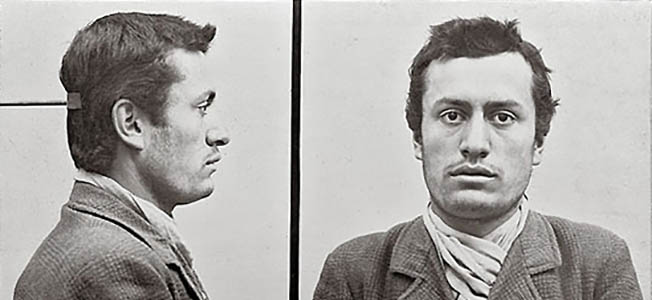
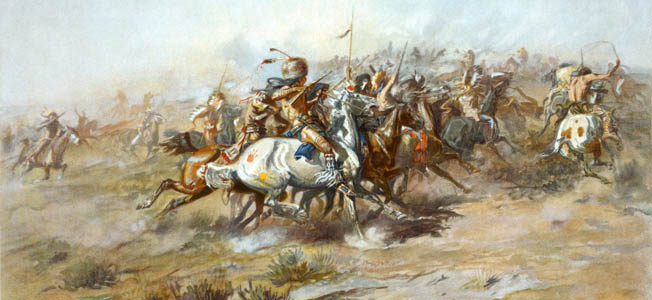
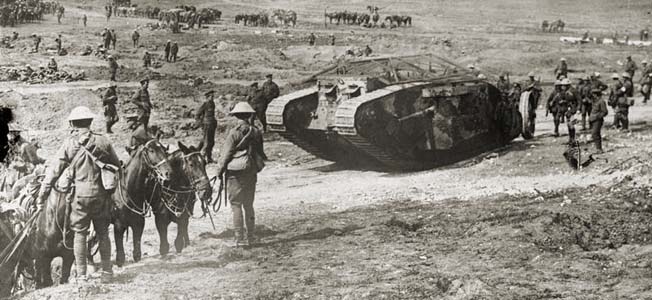
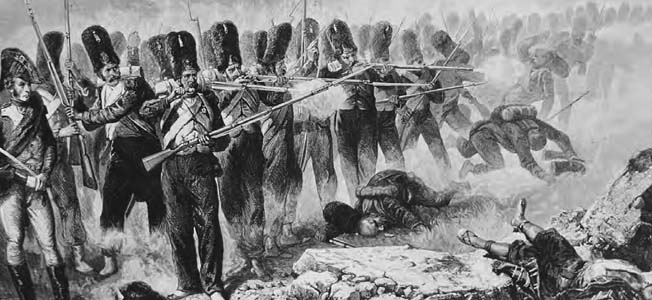

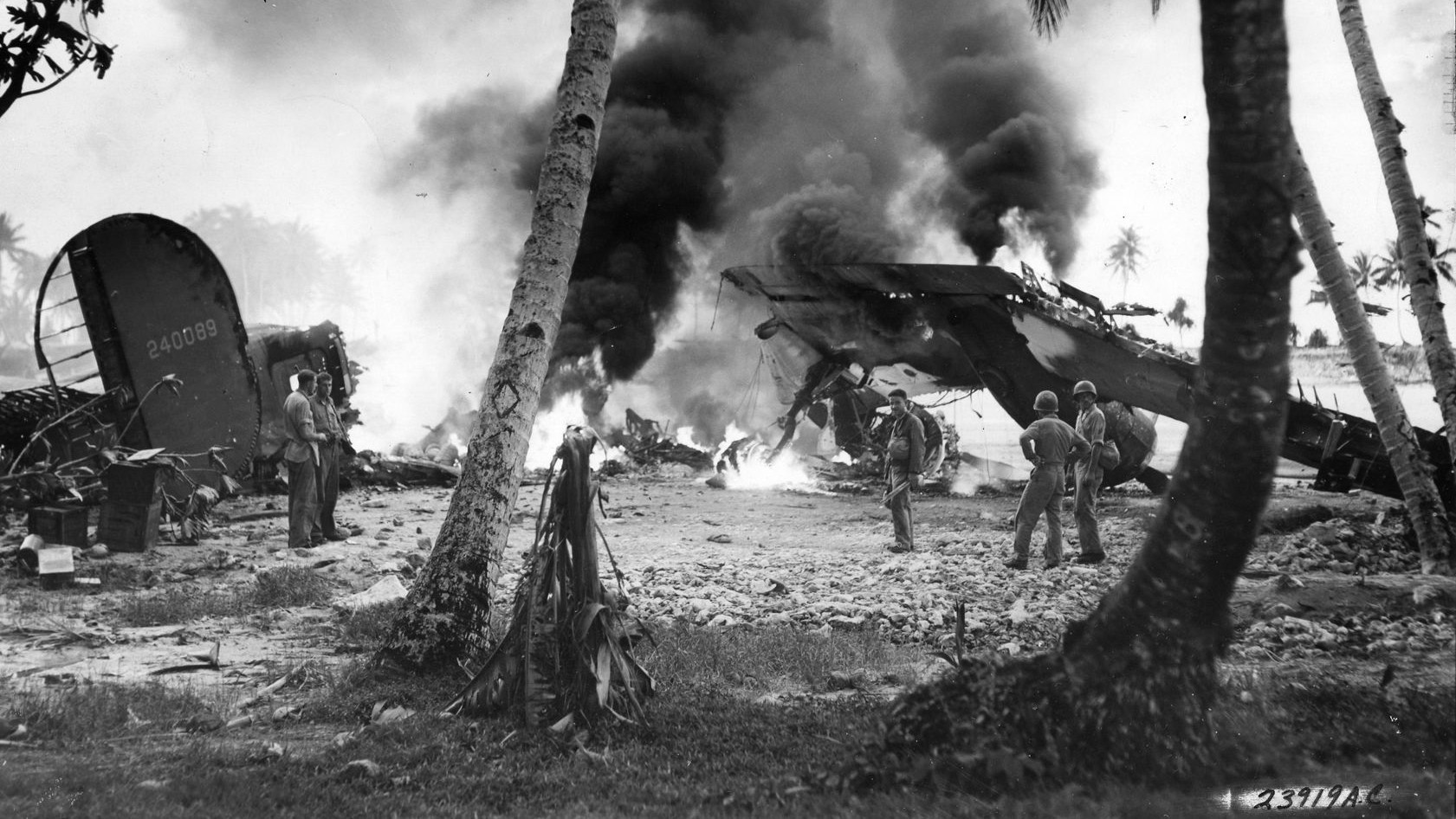
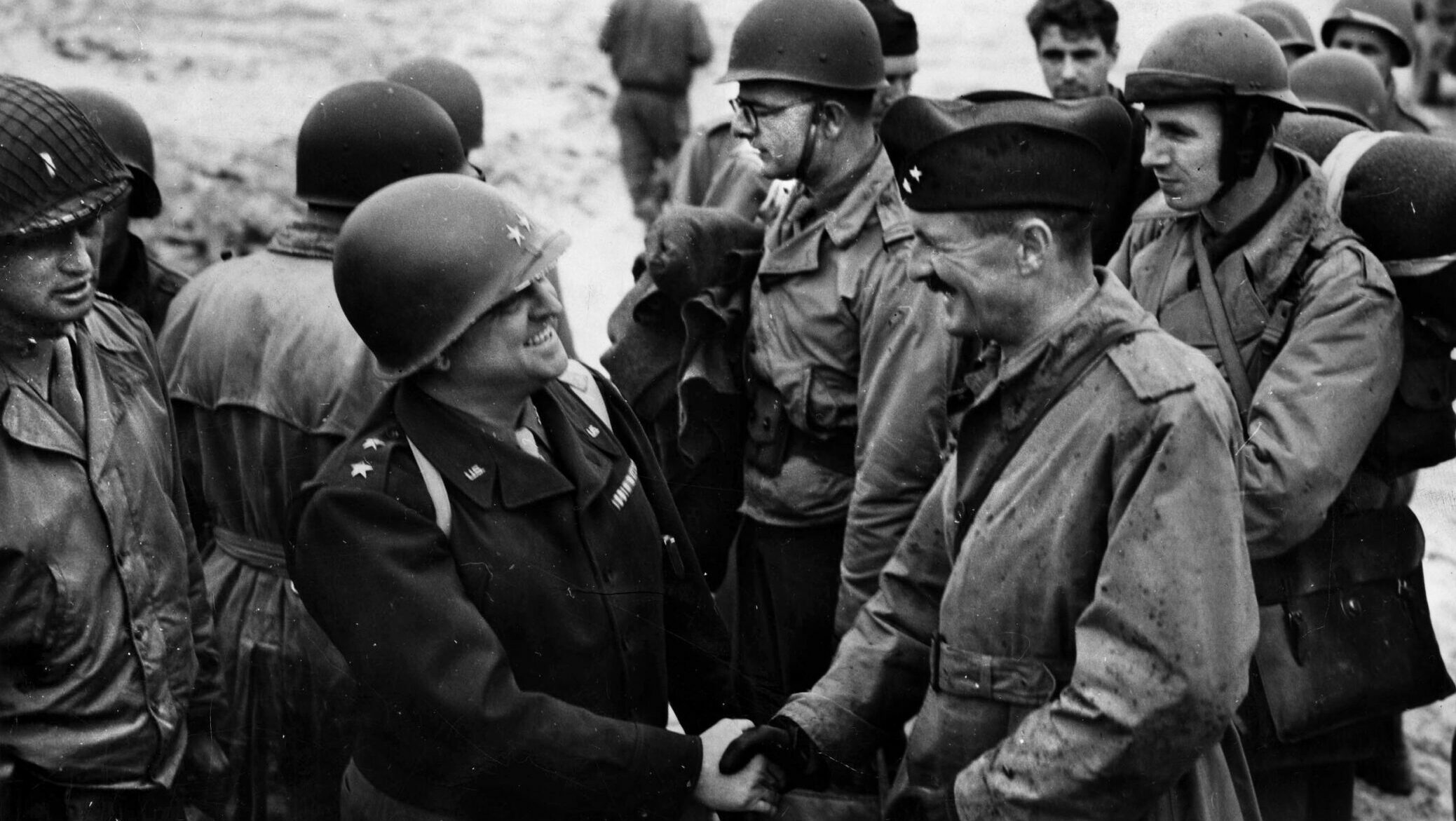
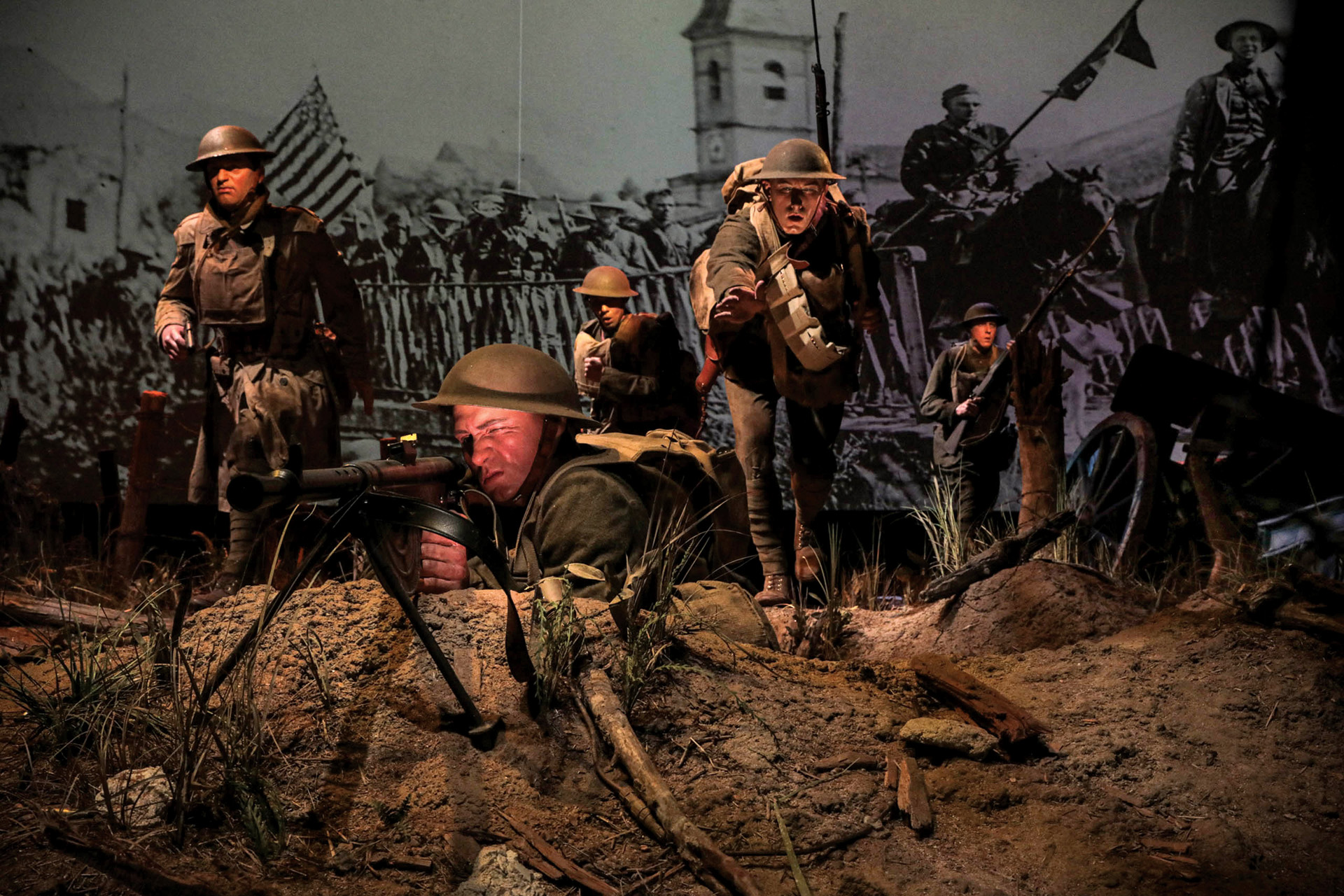
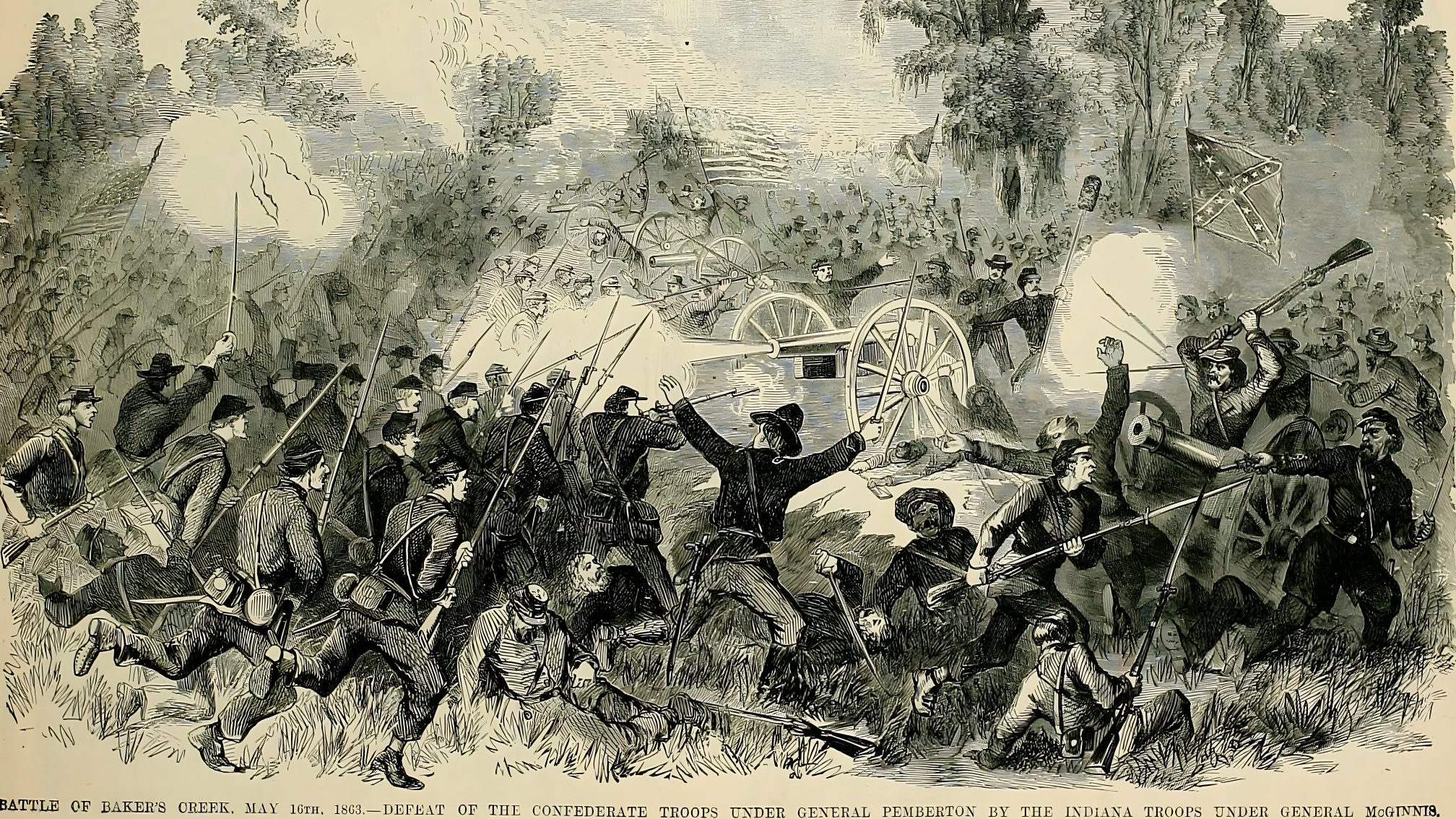
Join The Conversation
Comments
View All Comments